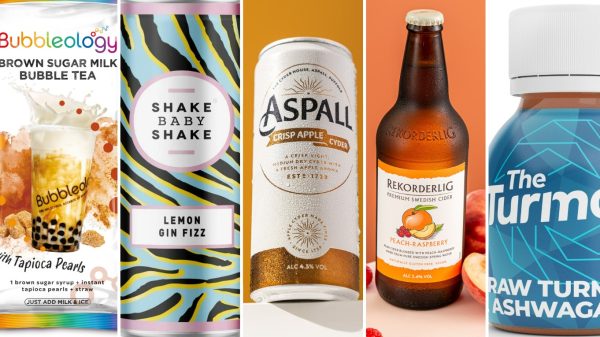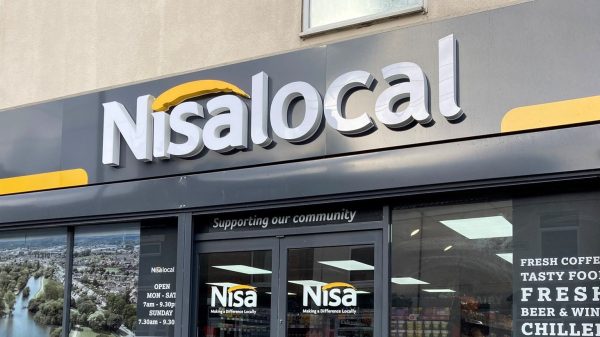Consumers are prioritising value for money over taste and quality, a new food and drink report has found.
According to Vypr’s new 2023 food and drink intelligence report, around 64% of UK consumers are shopping based on price and not on taste – as the cost-of-living crisis is still having a large influence on how and where consumers spend.
However, while consumers are looking for healthier options, the research from the UK’s leading product intelligence platform has highlighted negative views around poor taste – indicating that there is still work to be done around reformulations by food producers.
Subscribe to Grocery Gazette for free
Sign up here to get the latest grocery and food news each morning
In 2022, implementing HFSS legislation was the majority focus for food producers. However, 47% of consumers were unaware of this legislation, despite 65% being positive about proposed changes.
However, with budgets are still being squeezed amid the cost-of-living crisis, the Government has chosen to delay the second part of the HFSS legislation until October 2023.
Just under half (48%) of consumers indicated they’d like HFSS reductions to introduced to ready meals, 42% on desserts and 35% on drinks. The report also found that 51% of respondents have noticed smaller pack sizes as a result of shrinkflation, indicating that producers have chosen to reduce product sizes, instead of reformulating their recipes.
In addition, Vypr’s report revealed that 57% of consumers would not pay more for less healthy products, indicating that consumers aren’t willing to pay a premium for non-HFSS compliant foods.
The demand for plant-based options is also continuing to grow, with 17% more people saying they planned to participate in Veganuary this year compared to 2022. A third of respondents from non-vegan/vegetarian groups said they were somewhat interested in trying plant-based products, with 20% stating they had no interest.
Furthermore, the shortage of eggs due to the avian flu outbreak has meant customers have not had access to a regular supply, which has a greater impact on producers.
Consumers are not opposed to the idea of food containing egg alternatives, with 47% of respondents stating that they would be willing to purchase these products.
“2022 was yet another year of significant challenge for the food and drink industry, following two years of the pandemic,” Vypr founder, Ben Davies said.
“The Ukraine War, Brexit and the cost of living have created challenges for suppliers and consumers alike. We expect this trend to continue throughout 2023 as supply chains remain tricky and energy costs remain unpredictable well into the year’s first half.”
He adds: “This doesn’t mean innovation needs to cease. There are huge advantages for brands to continue developing their products and propositions. Consumers are looking for healthier options and are willing to try new ingredients – they won’t accept increased prices with little or no increase in value.
“With high inflation, brands and producers must listen closely to consumers’ needs and identify key behaviours. Real-time and robust insights are vital as the market remains fluid.”
The news comes as over half (52%) of UK consumers are likely to trust Environmental, Social and Governance (ESG) claims from supermarkets, new research shows.










